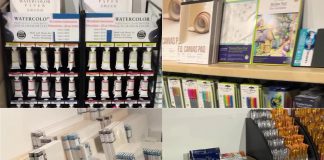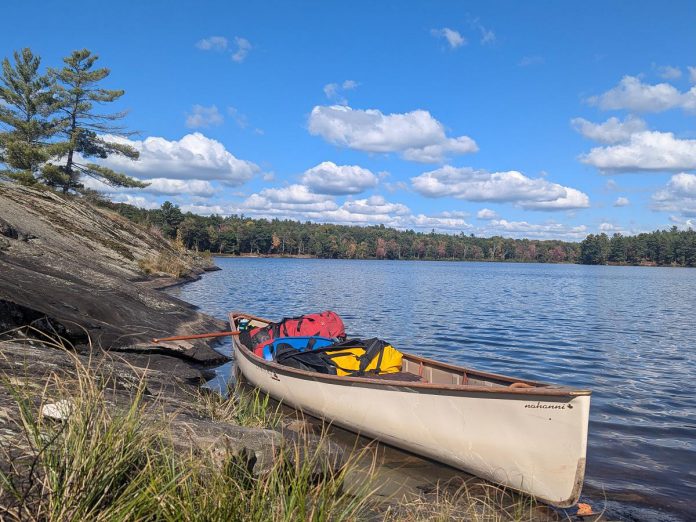
This column is the second in a two-part series authored by GreenUP executive director Tegan Moss who shares a complex personal perspective on one material that continues to create massive problems in our environment: plastic.
Last week, I shared how plastic has shaped my life, from supporting my family through my dad, Ric Moss’ career as a plastic fabricator, to the joys of back country camping with a plastic food barrel. The reality, however, is that plastic’s incredible versatility and durability come with a heavy cost.
“Plastic is indispensable in certain industries,” my dad shared during a recent conversation. “In a pharmaceutical research lab, it might contribute to the discovery of the next life-saving drug. In a water quality testing facility, it could be ensuring water is safe for human consumption.”
“But single-use items, like toys that break after one use, drive me crazy. It’s wasteful and thoughtless. There’s got to be a better way.”
This paradox — plastic’s value and its cost — raises questions about how we use it.
Once discarded, plastic lingers for centuries. We now know that microplastics have infiltrated everything from drinking water to human blood. A recent study found that 94 per cent of tap water samples in the United States contain microplastic fibres.
As my dad put it, “There’s plastic everywhere. It’s horrifying.”
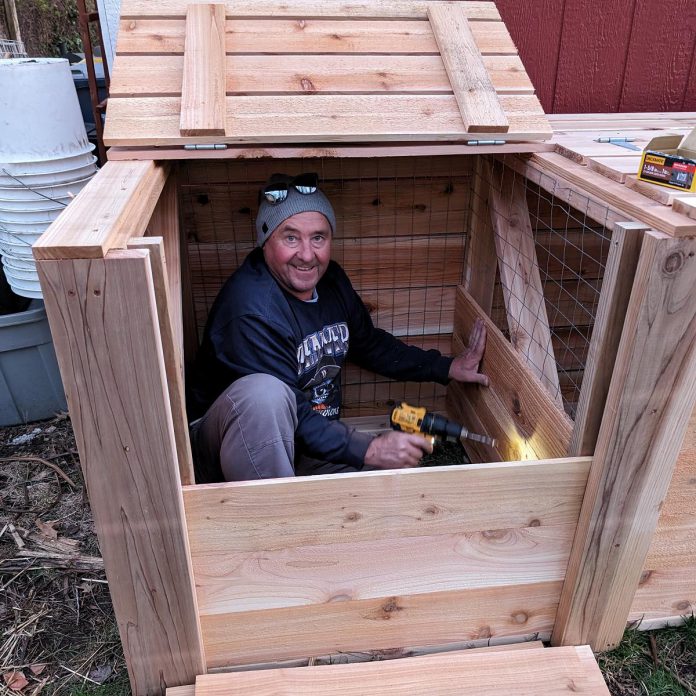
Despite this, plastic production has surged almost 100-fold since 1960. More than half of all plastic products are designed for single use. Think of soap or shampoo bottles, food containers, and single-use floss picks.
The problem of how to deal with pollution from single-use plastic is mounting on a global scale. Yet, as the world aims to reduce fossil fuel consumption, the fossil fuel industry is doubling down on plastic as a critical market.
According to recent New York Times investigations, industry lobbying has aggressively promoted single-use plastics, ensuring their widespread use despite known negative environmental consequences. The exposé highlighted costly social media campaigns where influencers are paid to build public confidence in single-use plastics, and specifically PET (polyethylene terephthalate) plastic water bottles.
During recent United Nations treaty negotiations in Busan, over 170 countries met to try to curb plastic waste, but due to overwhelming corporate advocacy for continued plastic production, negotiations failed.
Industrial representatives from countries like Russia and Saudi Arabia bring these interests to the forefront and argue that despite plastic pollution problems, the continued production of new plastic goods ought to continue unabated.
The future of plastic must be more thoughtful. In Ontario, we are in a new era where legislation that holds manufacturers accountable for waste. These changes are part of a needed shift toward a circular economy — one where we rely less on new goods. In this type of system, refill programs and repair initiatives hold powerful potential and a play a key role in local sustainability.
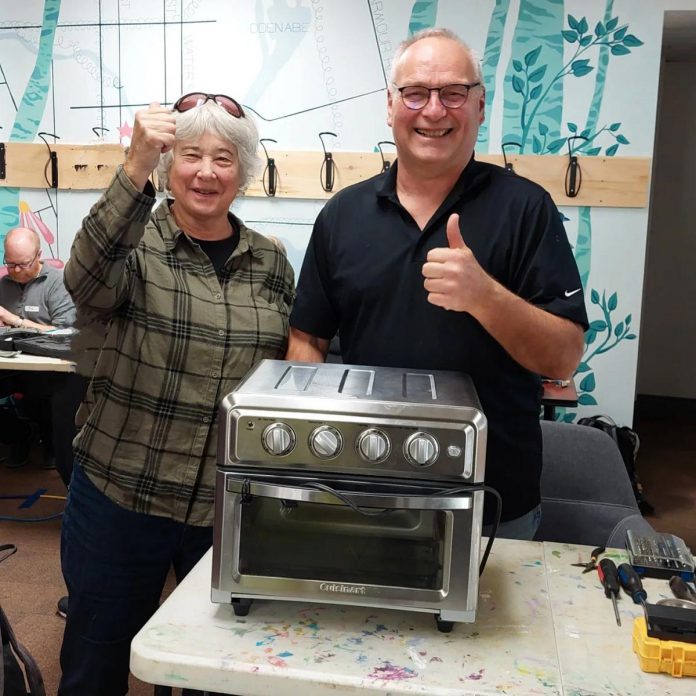
“Manufacturers need to take responsibility for the waste they create,” Dad says. “If you know you have to deal with Styrofoam or film plastics, you’ll think twice about using them.”
In his retirement from plastic fabrication, my dad fixes things like kayaks and garbage cans in his garage. Keeping them in use for as long as possible is something he knows has a positive impact on our environment.
Learning to repair the things that are already in use is a critical part of a circular economy, and one that my dad is proud to know I have taken up.
Peterborough is a great place to build skills in repairing what we already own. Habitat for Humanity is home to an exceptionally well stocked PTBO Tool Library. B!KE: The Peterborough Community Bike Shop is a local fixture for keeping old bikes on the road. And Repair Café Peterborough is a grassroots initiative connecting fixers directly with people who want to keep their loved possessions in working use.
Similarly, buying bulk goods or using refill programs is a strategy we can use to avoid new plastic. At GreenUP, I’ve seen how small changes can make a difference.
In 2021, I bought liquid dish soap refill for the first time. With guidance from my colleague Kristen LaRocque, I learned a trick: keep a small kitchen bottle at the sink and refill it from a larger 4L container that fits perfectly in my bicycle pannier. I can refill my 4L when needed and enjoy reusing both bottles for many years!
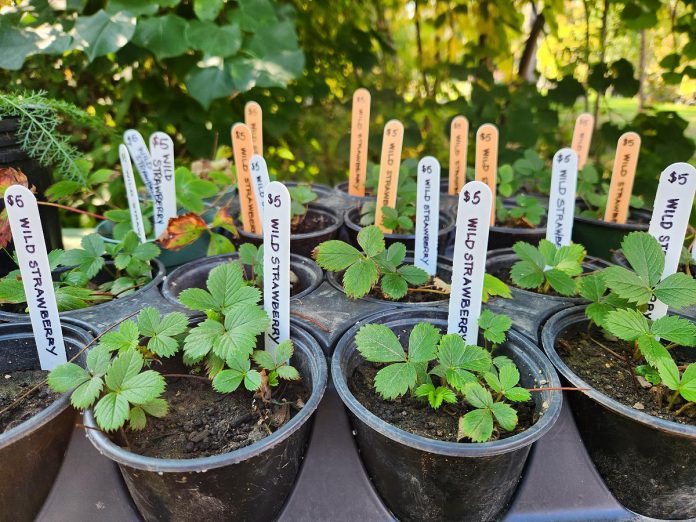
My small act of reducing single-use plastic became a habit, and one that is perhaps even more convenient than buying new bottles every month. Those bottles are plastic, but they are part of a cycle that reduces my reliance on new disposable goods.
Plastic has given me almost every opportunity I’ve had, yet it poses one of the greatest environmental challenges we face. Plastic is a precious resource that we must learn to use wisely, not wastefully. Let’s honour its utility while working to minimize its harm.
To learn more about GreenUP’s many environmental programs and initiatives, visit greenup.on.ca.


























